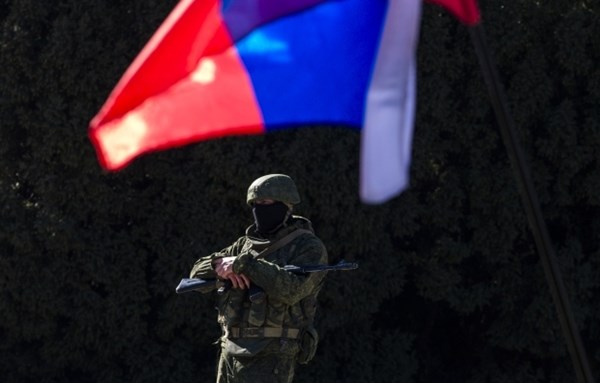Media publishes employment contracts details of Russian mercenaries from Wagner private military company
A mercenary from the Wagner private military company (PMC) in Syria has revealed information on the employment contract signed by the PMC’s mercenaries. An investigation was published by the BBC Russian service.
According to the source, Nikolay Averny, there is a PMC training camp at in the Russian village of Molkino in Krasnodar Krai, where new recruits spend three days. On the first day, they do physical training – a three kilometer cross-country and other exercises. On the second, they undergo medical tests, including drug tests.
Only an employment form is filled out. Applicants indicate the names of close relatives whom the company can contact in the event of their death, as well as their social network passwords. Afterwards, the candidates talk to security specialists, and take a polygraph test if needed.
The contract only comes into force once the fighter receives a badge with his personnel number. From that moment, he begins to accrue wages.
“In theory, if you are not needed, you can spend a lot of time in the ‘filter’ (the volunteer selection stage), but in practice everyone is quickly sorted into squads,” Averin explains.
According to him, specialists are accepted fastest of all – mortar operators, sappers, and drone operators. At the base, the former fighter notes, recruits can buy ammunition and a first aid kit at the expense of future earnings.
The BBC article also includes a layout of the training camp in Molkino.
At the start of the military campaign in Syria, mercenaries’ trips to the country could last up to half a year. Now, the period is exactly three months. They have no difficulty crossing the border, even though the border guards probably know why the men are leaving for Syria. Their passports are not stamped when they arrive in Syria. Technically, a person is flying for the entire duration of their trip, and then they return to Russia.
At present, contractors earn about 150,000 rubles (about $2,300) per month, the source notes. BBC managed to obtain a contract which had been signed by mercenaries who went to Ukraine between 2014 and 2015. At the time, the salary was 80,000 rubles (about $1,200). If a “freelance employee” was injured or their health was damaged in some other way during their service, they would be compensated 300,000 rubles, and relatives would be paid 2 million rubles in the event of their death. Since the start of the campaign in Syria, the payouts for death have risen to 5 million.
On November 19, it was reported that Russian PMC mercenaries and several veteran organizations had filed a lawsuit at the International Criminal Court, demanding that it begin an investigation into the organizers of the PMC.
At the start of November, Novaya Gazeta reported that another six Wagner mercenaries had been killed in Syria.
